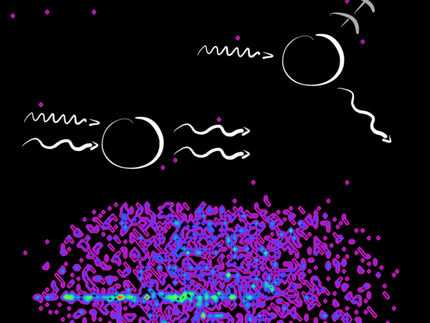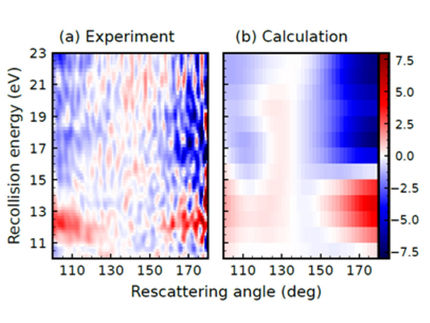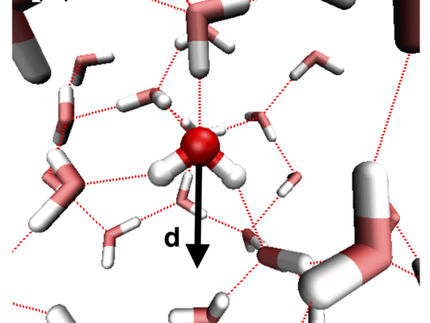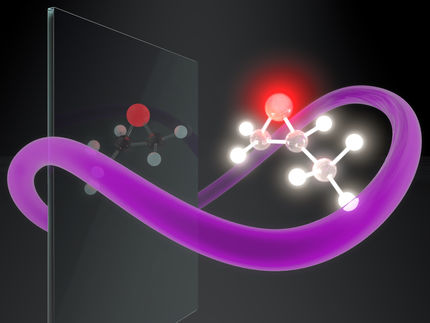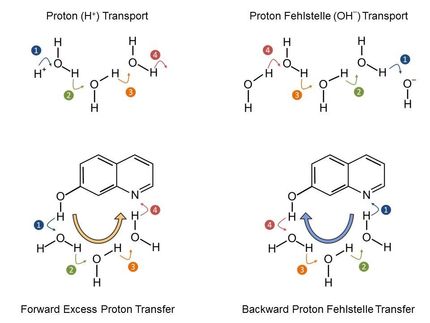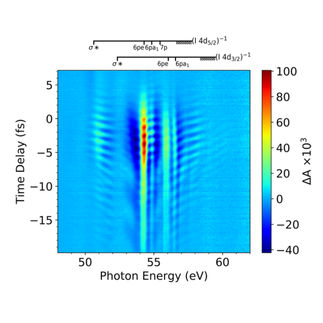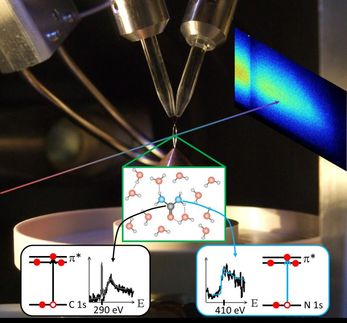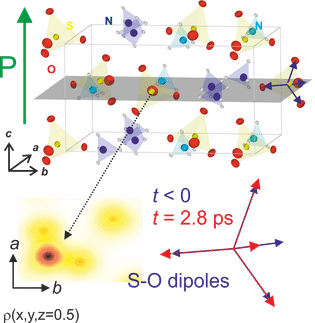About Forschungsverbund Berlin
The Forschungsverbund Berlin e.V (FVB) comprises eight research institutes in Berlin. The institutes are active in the fields of natural sciences, life sciences and environmental sciences. They pursue common interests within the framework of a single legal entity while preserving their scientific autonomy. As research institutes of national scientific importance, they are jointly funded by the German federal and state governments in accordance with Article 91b of the German Constitution. The institutes share an administrative infrastructure (Common Administration) and belong to the Leibniz Association (Leibniz-Gemeinschaft ). The institute directors and other senior scientists hold chairs at the Berlin/Brandenburg universities, thus ensuring close contact with teaching and research in higher education.
- Industry : Other


